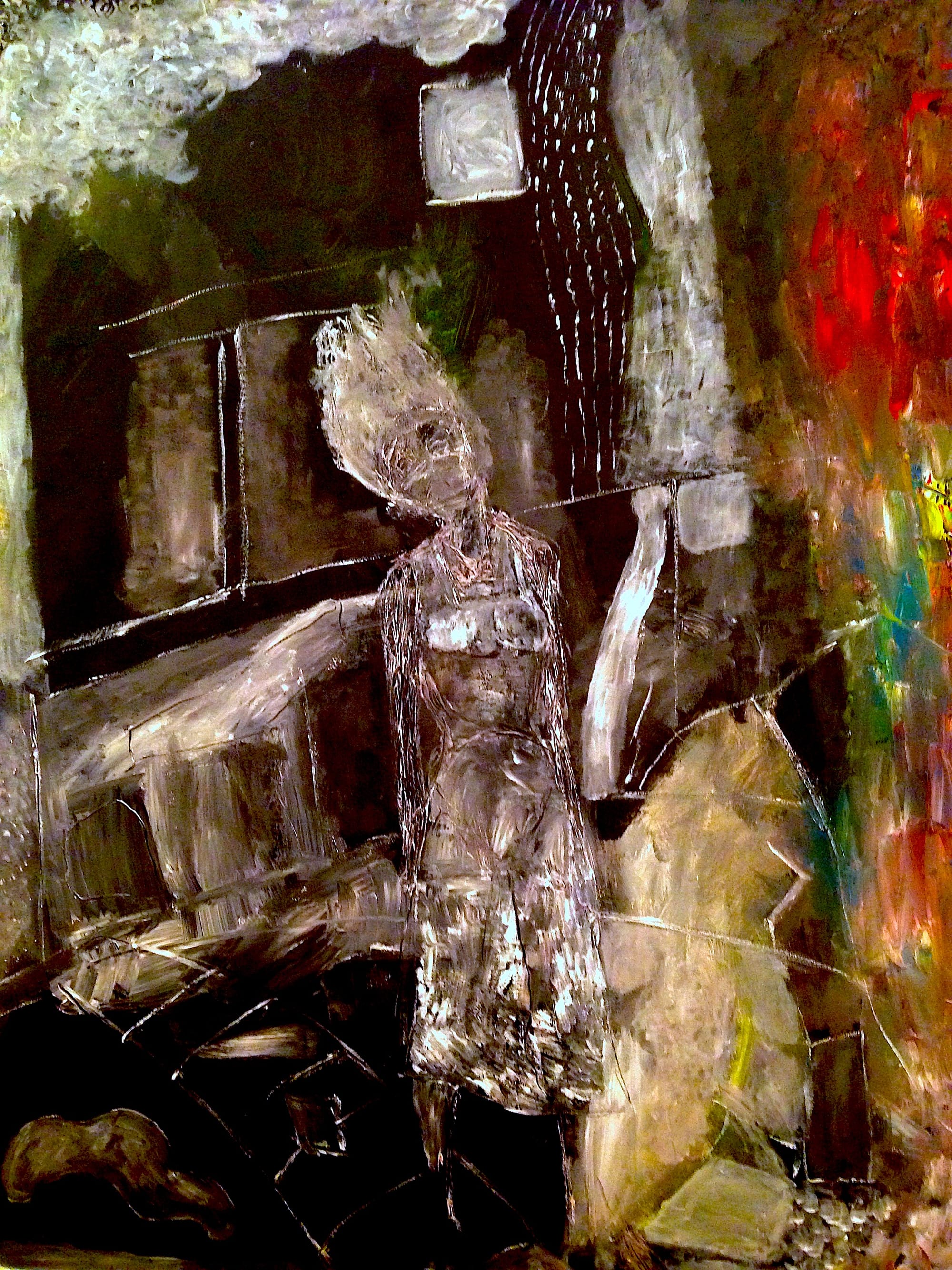Blogging the Apocalypse: 2

Carl Schmitt is the totalitarian's choice of thinker. Here's an article about how he is very amenable to the dictatorship in China.
An extract: ' Carl Schmitt was a political philosopher of illiberalism. He believed that liberalism had “a tendency to undermine a community's political existence” because a state founded on such an ideology “will lack the power to protect [citizens] from external enemies.”
What is needed, Schmidt argued, is “a strong state… with the capacity to defend… ‘the unity of the state.’”4 While his argument in totum is more elaborate, it is Schmitt’s hostility to liberalism as embodied in Western political culture, governance, and ideology that has spurred interest in his work in China, for “[the Chinese] now feel… [that] liberal thought… doesn’t help them understand the dynamics of Chinese life today or offer a model for the future.”5 In Mark Lillia’s conversations with Chinese scholars and students, there is a pervasive desire “across the political spectrum… that China needs a stronger state, not a weaker one.”6 Liberalism has not provided an answer.
Schmitt’s analysis on the crisis of liberalism is thus an ideological tool that helps not only legitimate current CCP one-party rule, but also an attempt to “ground new forms of Chinese political agency on an anti-Western value discourse…”7 Currently, Xi Jinping is trying to “revive communist ideology as a vibrant bulwark of China’s exceptionalism, to inculcate its citizens against Western democratic ideas.”8 While non-socialistic in orientation, Schmitt’s thought is quite similar to the Xi’s overall ideological aims. Thus, the reason that Schmitt’s political theories can help legitimise one-party rule “have ensured that China’s ‘Schmittian’ discourse has... [become] fashionable and profitable.”9 Schmitt’s relevance in China is not purely scholarly, but also socio- and geopolitical.
Read the complete novel 47094 from the beginning here.
Read the complete novel 'The Ecstatic Silence' here.